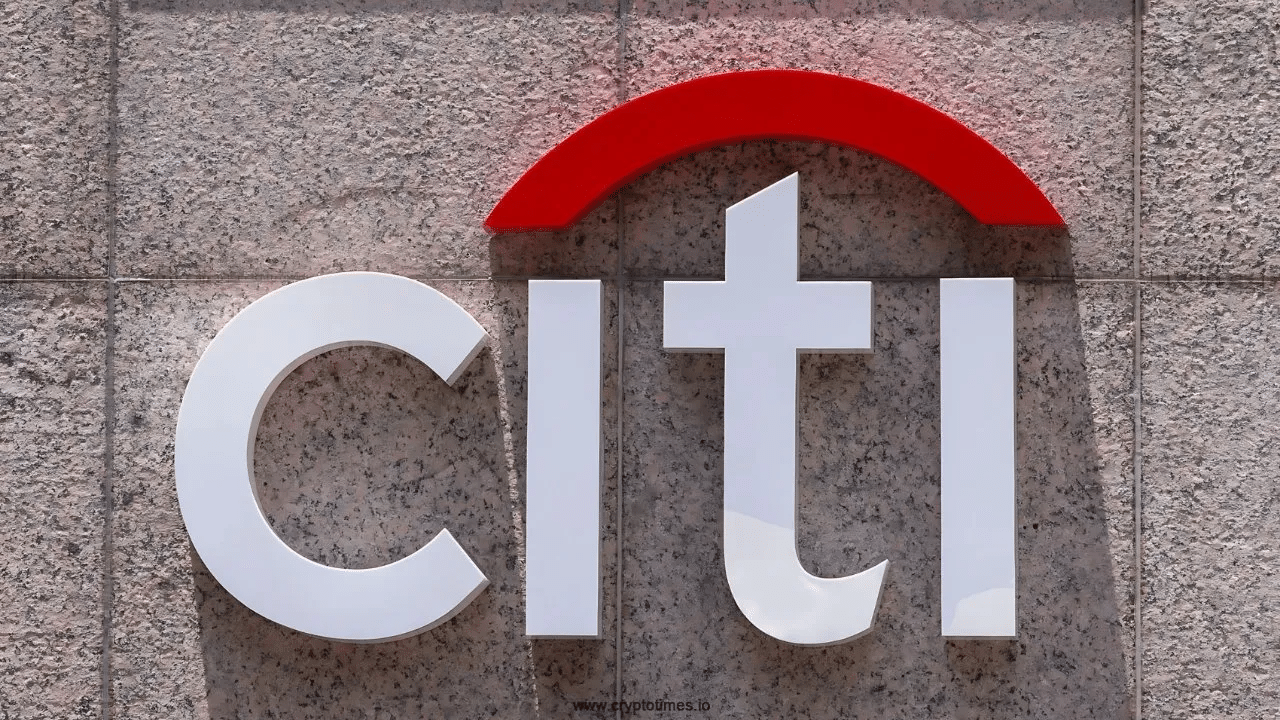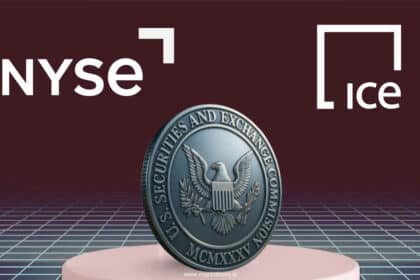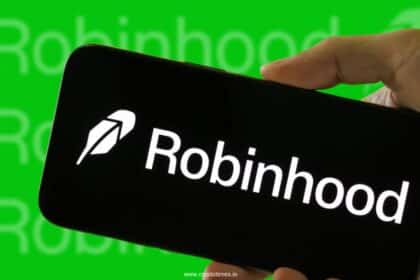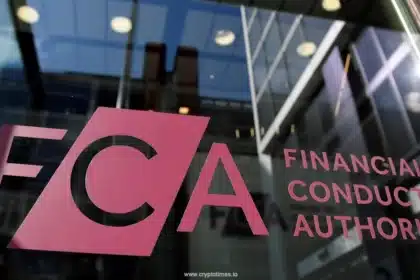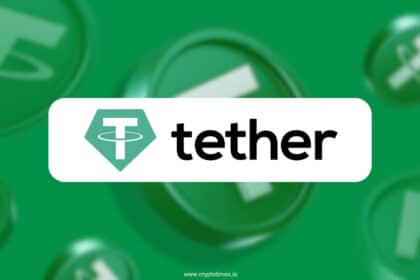Citigroup has announced the integration of its blockchain-powered Citi® Token Services with its 24/7 USD Clearing solution, marking a major step forward in real-time cross-border payments. Institutional clients in the U.S. and U.K. can now move funds instantly across Citi and non-Citi accounts, eliminating cut-off times and enhancing liquidity management.
This is the first time a global bank has deployed a tokenized infrastructure that operates round the clock with multi-bank reach. The integration allows clients to bypass legacy friction points such as transaction delays and pre-funded accounts.
The offering uses a permissioned blockchain to facilitate secure, on-demand tokenized liquidity transfers, effectively bridging the gap between traditional clearing systems and decentralized technologies. Citi’s move also adds flexibility for its 1,500 financial institution clients, who can now process USD payments at any time, including weekends and U.S. holidays.
“Global commerce doesn’t take weekends off, and neither should payments”, said Debopama Sen, Citi’s Head of Payments. “This solution reflects our continued commitment to deliver real-time infrastructure that matches the speed of business.”
Citi has been steadily building blockchain presence, processing billions in tokenized transactions since launching Citi Token Services in 2024. The bank now operates in the U.S., U.K., Singapore, and Hong Kong, with expansion plans in motion for other regions.
A direct challenge to stablecoin infrastructure?
The timing of the announcement may not be coincidental. Earlier this week, Citi published a research report forecasting the stablecoin market to reach $4 trillion by 2030 in a bullish scenario. However, it also warned that stablecoins might face headwinds from bank-issued digital tokens, which could be favored due to clearer regulation and compliance standards.
In that report, analysts projected that bank tokens could process over $100 trillion in annual transactions, surpassing expectations for private stablecoins. Citi’s infrastructure rollout aligns with this institutional trend while avoiding the regulatory uncertainty tied to public stablecoins.
As banks like Citi adopt compliant blockchain tech, the line between stablecoins and bank tokens blurs, yet the race for digital dollar dominance is clearly on.
Also read: Stablecoin Market Could Reach $4 Trillion by 2030: Citi Analysts


